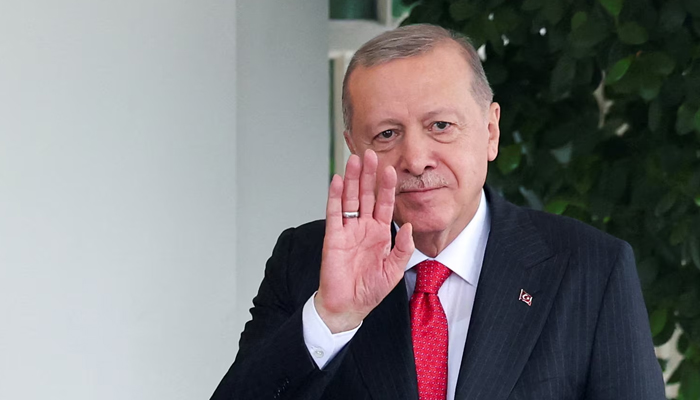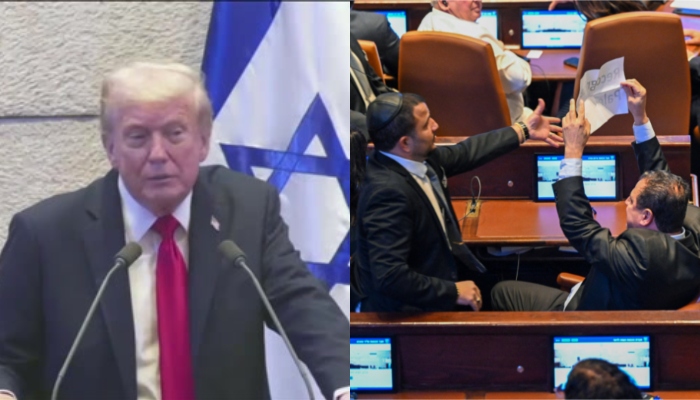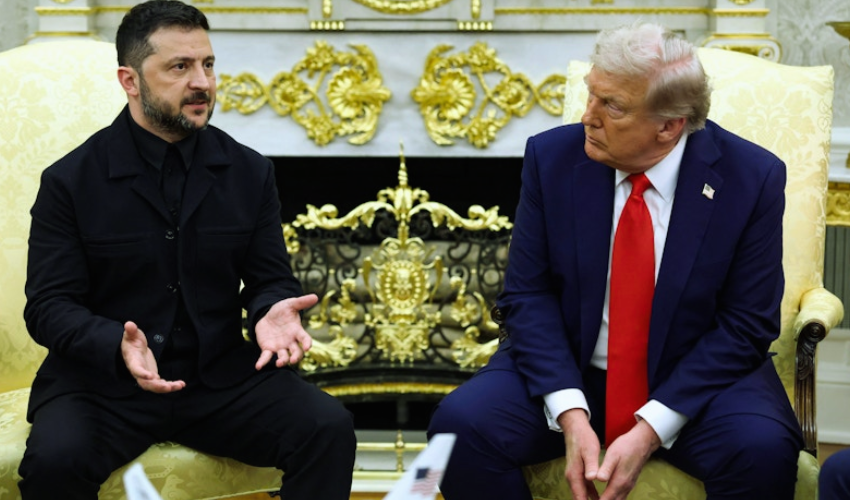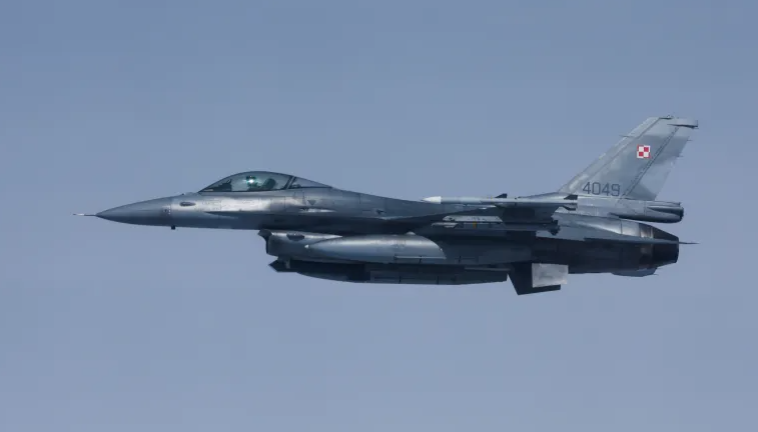WORLD NEWS
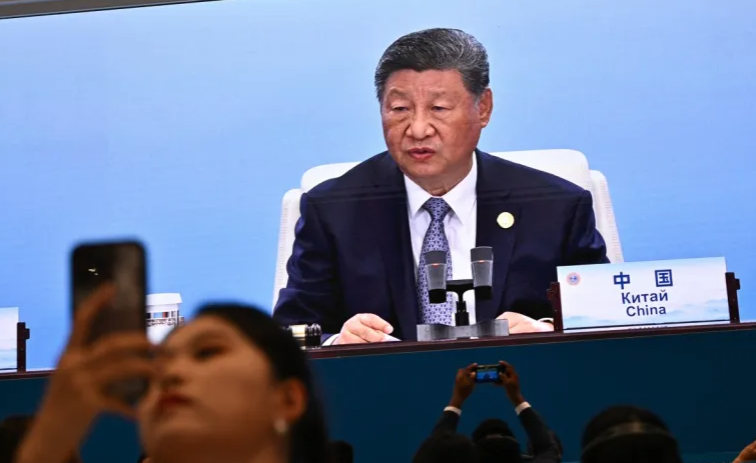
Chinese authorities have announced cash bounties for information leading to the arrest of 18 Taiwanese military personnel, accusing them of conducting psychological operations and spreading “separatist” messages online.
Police in Xiamen, a coastal city across the Taiwan Strait, revealed the rewards on Saturday — offering up to $1,400 per suspect — and released photographs, names, and identification details of the accused officers. Authorities claimed they were “core members” of Taiwan’s psychological warfare division and responsible for managing “websites promoting disinformation, online games supporting independence, and fabricated video content.”
The announcement came a day after Taiwan’s President William Lai Ching-te vowed to strengthen the island’s defenses through a new air protection system, dubbed the “T-Dome,” and increased military spending.
Taipei Condemns Beijing’s ‘Despotic’ Move
In a sharp rebuttal, Taiwan’s Defence Ministry condemned the accusations as “despotic and pig-headed thinking,” describing the bounties as part of China’s ongoing “cognitive warfare” aimed at dividing Taiwan’s population and undermining morale.
“This is yet another attempt by Beijing to intimidate and manipulate public perception,” the ministry said, calling the charges “political theatre.”
Beijing Responds to Lai’s National Day Speech
The bounty announcement followed China’s furious reaction to Lai’s National Day address, where he urged Beijing to “abandon threats of force” and reaffirmed Taiwan’s commitment to peace and self-defense.
China’s Foreign Ministry spokesperson Guo Jiakun labeled Lai a “troublemaker, creator of danger, and war-maker,” while the Taiwan Affairs Office accused him of pushing separatism “through violence and foreign interference.”
In a scathing editorial, the Global Times, a state-aligned nationalist newspaper, dismissed Lai’s “T-Dome” initiative as “an expensive illusion,” claiming it would burden Taiwanese taxpayers while doing little to enhance security.
Rising Military and Political Pressure
China continues to claim sovereignty over Taiwan, despite Taipei’s rejection of that claim and international recognition of its self-governing status. In recent years, Beijing has intensified military incursions and political coercion, heightening fears of a potential invasion.
The latest bounties, while largely symbolic, reflect China’s continued campaign to criminalize Taiwan’s intelligence and defense operations. Similar warrants issued in June against 20 alleged “military hackers” were ignored by Taipei.
Broader U.S.–China Tensions
The development comes amid renewed strain between Beijing and Washington. Former U.S. President Donald Trump on Friday threatened an additional 100% tariff on Chinese imports in retaliation for China’s restrictions on rare-earth metal exports.
He also appeared uncertain about a potential meeting with President Xi Jinping at the upcoming Asia-Pacific Economic Cooperation (APEC) summit, though later said discussions were ongoing.
James Zimmerman, former chairman of the American Chamber of Commerce in China, warned that the escalation “puts people’s livelihoods at risk” and sends a message that “America is becoming an unreliable trading partner.”
While the U.S. remains Taiwan’s main security backer, reports in September suggested Trump paused $400 million in weapons aid, raising speculation that he could use the island as leverage in broader trade negotiations.
